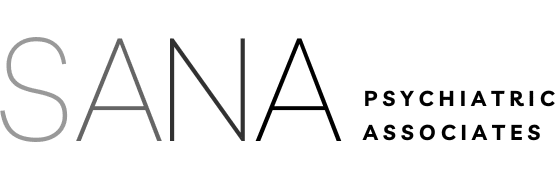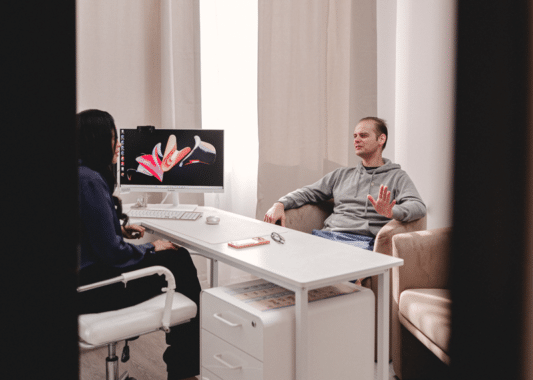PTSD TREATMENT
Understanding PTSD and Finding Relief
PTSD, which stands for Post-Traumatic Stress Disorder, is a mental health condition that can develop after experiencing or witnessing a traumatic event. It is a complex disorder that affects individuals of all ages and can have a significant impact on their daily functioning and overall well-being.
We understand that traumatic experiences can have a profound impact on one’s life, and we are here to provide information, support, and guidance for individuals who may be dealing with PTSD.





